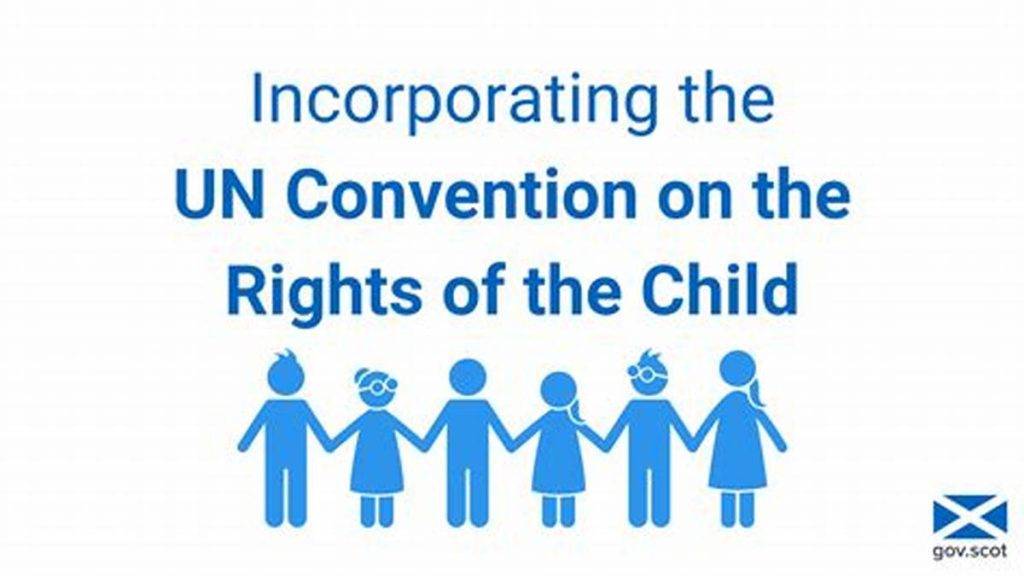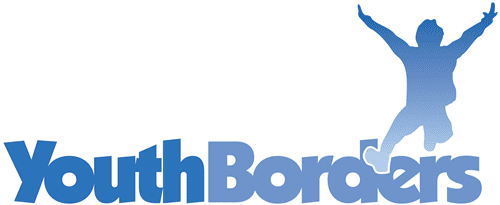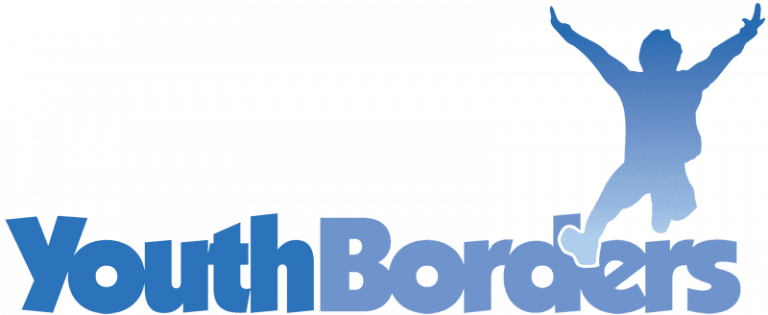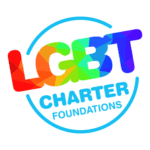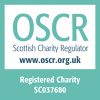
What is the UNCRC?
The United Nations Convention on the Rights of the Child (UNCRC) is an international agreement that sets out the fundamental rights all children are entitled to, regardless of where they live, their background, or their circumstances. Adopted in 1989, it’s the most widely ratified human rights treaty in history, demonstrating a global commitment to ensuring children grow up safe, healthy, educated, and empowered.
The UNCRC covers 54 articles that detail rights in areas such as education, health care, protection from harm, and participation in decisions that affect their lives.
There are four articles in the UNCRC which are known as the “General Principles”. These assist in interpreting all the other articles and can play a fundamental role in realising all the rights in the UNCRC for all children. These are also useful when considering how to give practical effect to taking a rights based approach. They are:
- non-discrimination (Article 2)
- best interest of the child (Article 3)
- right to life, survival, and development (Article 6)
- right to be heard (Article 12)
In short, the UNCRC is a promise from the world to protect children, respect their individuality, and give them the tools they need to succeed. It’s about recognizing children not just as minors, but as individuals with their own voices and rights.
How does the UNCRC apply to Scotland?
The UNCRC (Incorporation) (Scotland) Act 2024 (“the UNCRC Act”) came into force on 16th July 2024 making Scotland the first country in the UK, and the first devolved nation in the world, to directly incorporate the UNCRC into domestic law.
Scotland has a strong track record in implementing the rights of children by taking steps to respect, protect and fulfil children’s rights within law, policy, and practice. The Act builds upon a proud tradition of respecting children’s rights in Scotland that predates even the adoption of the UNCRC.
The Scottish Government’s vision is ‘a Scotland where children’s rights are embedded in all aspects of society, where policy, law, and decision-making take account of children’s rights and where all children have a voice and are empowered to be human rights defenders.’
Resources & Useful Info (for local young people and organisations)
UNCRC Self-Evaluation Tool (for youth organisations)
Interactive Learning – Introduction to Children’s Rights
Scottish Borders Youth Participation – How to get involved
Scottish Borders Youth Participation & Engagement Strategy (YELL Strategy)
The YELL strategy is a ‘How to Guide’ written by local young people to support agencies
in the Scottish Borders, to involve young people in their work. The guidance includes
information on participation and engagement, why it is important, and how to facilitate
this using the YELL group’s strategy toolkit. The views of over 1000 young people have
shaped the development of this strategy. It is important to use this guide to improve
opportunities for children and young people in line with Article 12 of the UNCRC.
The strategy toolkit is for young people, professionals and decision makers to use. The
strategy sets out the young people’s ambitions for the future, the ways in which young
people aged 12 – 25 can currently get involved and guidance for any person looking to
engage with young people in Scottish Borders- being particularly mindful of the need to
engage with those who have quieter or seldom-heard voices.
